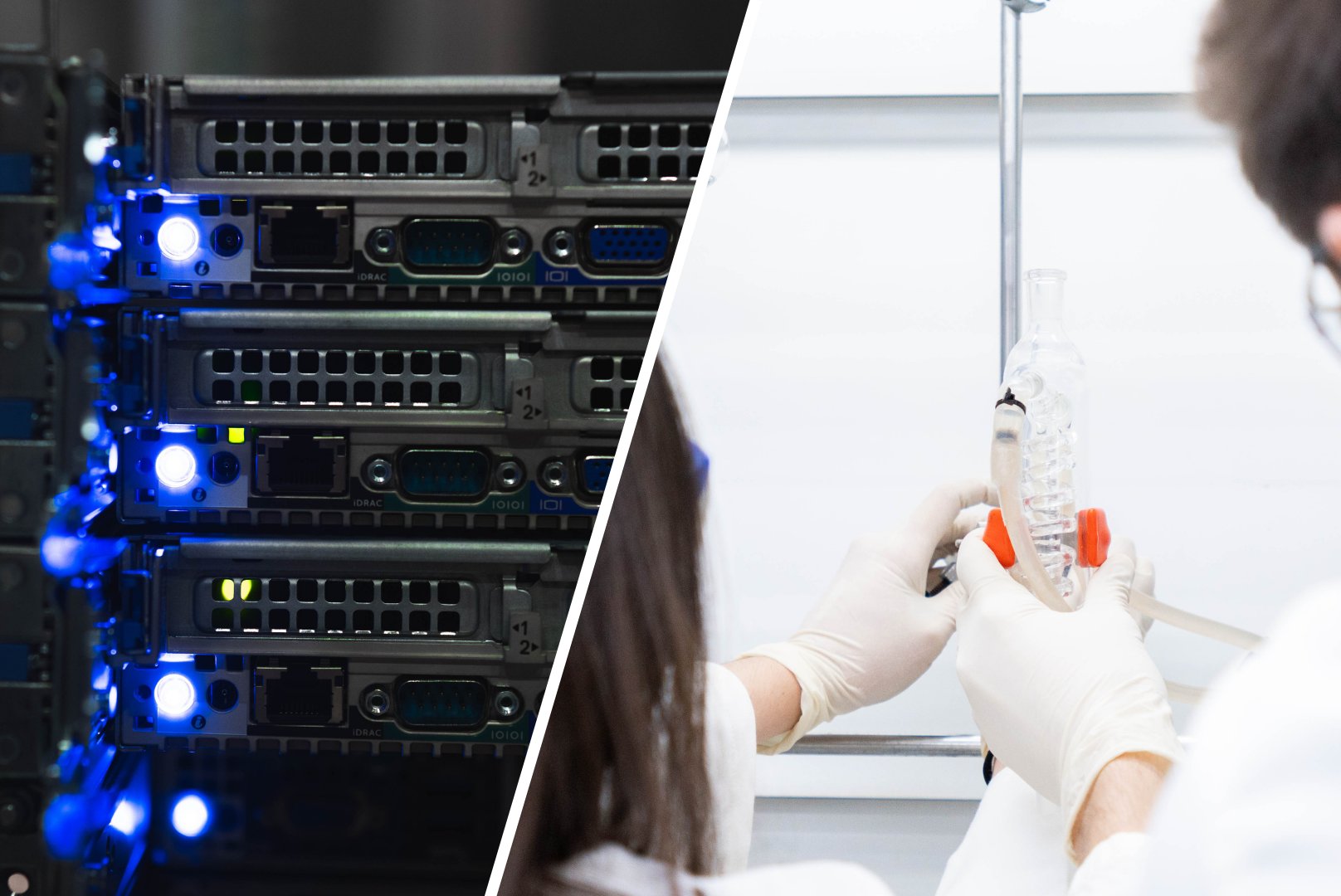MECHAPHOTOCOMP
Exploring mechanochemistry and photocatalysis with the tools of computational homogeneous catalysis
Project description
MECHAPHOTOCOMP We intend to improve through computational chemistry the knowledge of the intimate mechanisms involved in emerging technologies such as mechanochemistry and photocatalysis. A better knowledge of these mechanisms will be a key step in the optimization of the processes, which thus will be able to address the increasing demand for more efficient and cleaner methods in chemical synthesis. The use of previously seldom applied experimental techniques such as mechanochemistry and photocatalysis opens new dimensions to the scientific and industrial community. Some of the limitations of thermal chemistry, which plays mostly with temperature to increase reaction rates, can be thus overcome, and a more complete set of reactions with less side products and potentially new molecules, can be developed. Mechanochemistry and photocatalysis complement the traditional thermal approaches and can thus enhance the variety of available reactions. New products can be synthesized, and some of the previously available ones can be synthesized in a cleaner and more efficient way.
The tools we will use in our research project will be those honed by our studies in computational homogeneous catalysis throughout the years. These are basically of two types: quantum chemical calculations and microkinetic modeling. In quantum chemical calculations we have a wide experience in the use of density functional theory, with some contributions of quantum mechanics / molecular mechanics approaches. Microkinetic modeling is a technique that allows the introduction of concentrations effects in the description of chemical processes, we have pioneered its use in the homogeneous catalysis community, and we expect to do the same in the fields of mechanochemistry and photocatalysis. We will thus introduce a computational dimension to the description of mechanochemistry and photocatalysis, where it has been so far scarcely applied. We expect to solve specific selected problems, and to develop computational schemes that can be applied later by other research groups.

Proyecto PID2023-149479NB-I00 financiado por MCIU/AEI/10.13039/501100011033 /FEDER,UE
-
Reference: PID2023-149479NB-I00
-
Call identifier: Proyectos Generación Conocimiento 2023
-
Timeline
01/09/2024 - 01/08/2027
-
ICIQ's Budget
193,750 € -
Senior Researcher
Prof. Feliu Maseras
-
Financing Agent / Programme
Ministerio de Ciencia, Innovación y Universidades, Proyectos Generación de Conocimiento

Let's create a brighter future
Join our team to work with renowned researchers, tackle groundbreaking
projects and contribute to meaningful scientific advancements

















